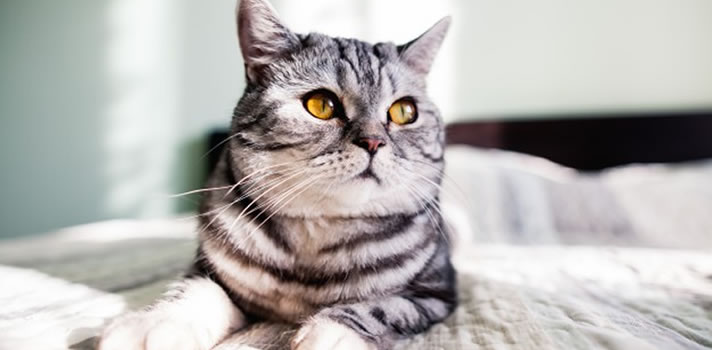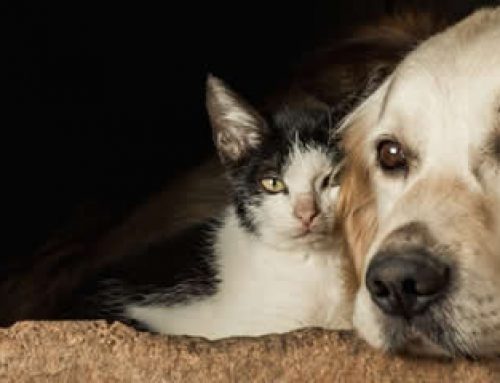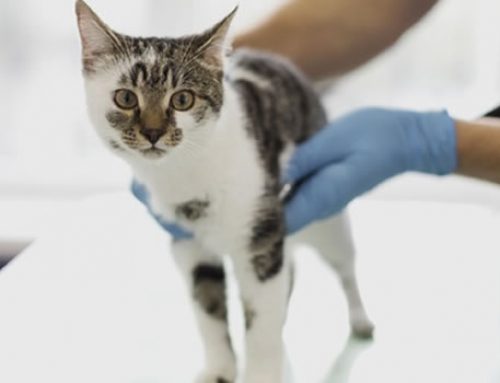Nearly 60 percent of cats in the United States are classified as overweight; it’s a more common health issue than most pet owners realize. Obesity leads to an increased risk for cancer, diabetes mellitus, heart disease, hypertension, osteoarthritis, and joint degeneration. If your veterinarian has told you that your feline needs to lose weight, start with the proven, effective pet care strategies below.
Pet Care Guide for Getting Cats to a Healthy Weight
1. Monitor Their Weight
Most pet owners would be surprised at the extra calories their pets consume. Just a little treat here and there adds up. Be mindful of the times you treat your pet and pay close attention to portion recommendations. Feed your cat a healthy diet and follow serving size guidelines carefully.
2. Encourage Exercise
Exercising your cat doesn’t mean you need to buy a leash and take them for walks—though you can certainly do this if your feline likes them! Buying some new toys and playing with your cat will get them moving. Choose toys that promote exercise such as climbing towers, scratching posts, ball chasers, and laser lights.
3. Cut Calories if You Spay or Neuter Them
Spaying or neutering your cat has many benefits, such as preventing unwanted litters and reducing cancer risk. However, these procedures reduce the number of sex hormones in their body. This, in turn, reduces their metabolic rate, meaning they will require fewer calories in their daily diet. Following this surgery, cats will generally only need 75 to 80 percent of the food that was necessary before the procedure.
If you suspect your cat may be overweight, it’s time to take them in for an exam. Our team will analyze your feline’s health condition and make any recommendations for lifestyle changes or treatment. Our vet clinic has been offering top-notch pet care for over 30 years in Loveland, OH. See our full list of services and call (513) 683-2883 to schedule your appointment.




